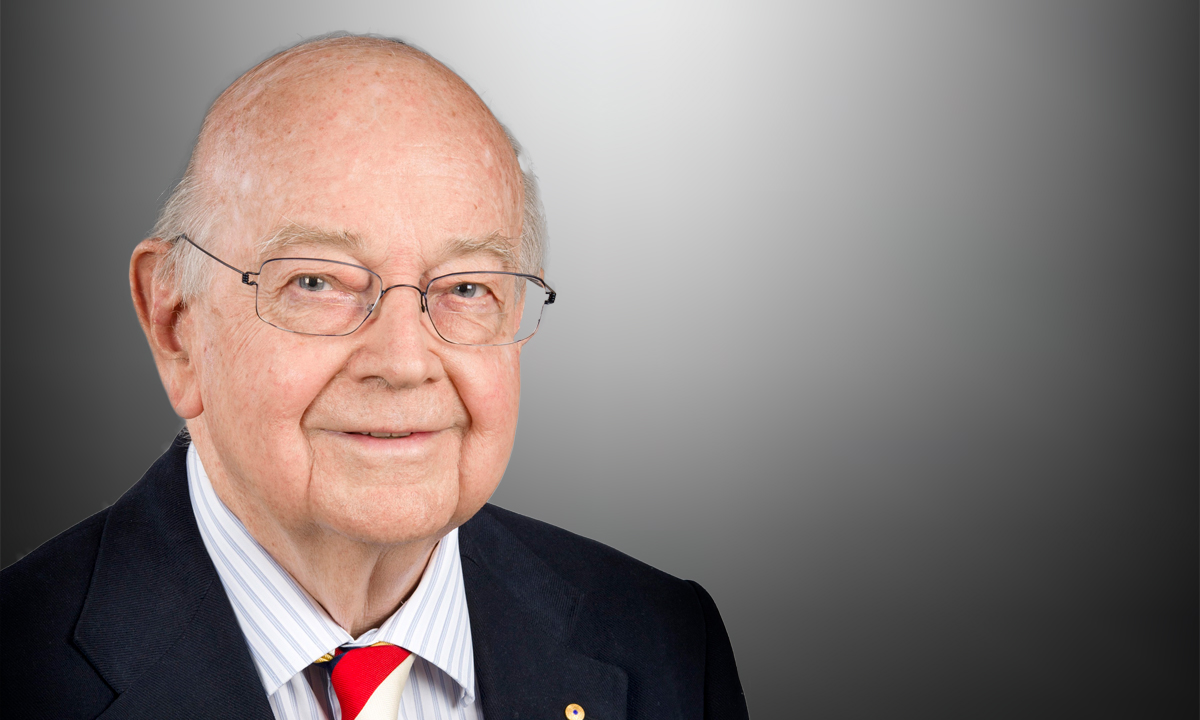AFTER the Second World War, Eleanor Roosevelt led a group tasked with framing the Universal Declaration of Human Rights. It was a brave attempt by the victors of that conflict to establish a more just and humane world. They aimed to ensure that individuals and groups were lifted out of the cruelty and oppression of what had characterised the years of conflict.
Julian Huxley, assisting Roosevelt, wrote to Mahatma Gandhi requesting his support. Gandhi replied that he viewed rights as related to the citizenship of a nation; duty was the quality he saw as having universal application.
In the Western world, rights are viewed as having universal application; duty relates to both national loyalty and (for some) to a wider religious commitment, reflected in the affirmation required of potential Scouts members: “I promise, on my honour, to do my duty to God and the King.”
In centres of health care, we publish patient rights to defend against professional dominance. We also teach professional responsibility as the “duty of care”. Some see a simple dichotomy (patients have rights, health professionals have duties) which can set one against the other (rights against duties). The patient claims the right to refuse a treatment that the doctor regards as his duty to implement as mandatory for the maintenance of well-being or the continuation of life. The patient requests an urgent intervention as a right, but it is one for which there is a waiting list, or is so expensive that the doctor feels a duty to refuse, recognising the urgent need of other patients.
Patient rights relate closely to the ethical principle of autonomy (personal decision-making); professional duty accords primarily with beneficence and non-maleficence (actions intended to do good and avoid harm).
The fourth voice in the ethical chorus, justice, sits between rights and duties and has two major requirements: on the one hand, obedience to law, and on the other, fair and honest dealing.
Neither rights nor duties can claim overriding authority; nor can either give support to only one side of the clinical encounter.
Providers of care have the right to declare a professional opinion and offer management advice, along with the duty to ensure that the assessment is founded in the best available evidence and is communicated effectively. Patients have a right to ignore advice, but increasingly have the capacity to acknowledge evidence and a duty to respect it, when it is offered clearly and objectively.
Both patient and doctor have the right (and sometimes also the duty) to access additional support – the patient from the family context, websites or other professional opinion, and the doctor from the expertise and advice of colleagues.
In the clinical setting, the balance of rights and duties may be distorted in confrontation arising from impatience, prejudice, imperfect disclosure or disagreement about evidence. There must be room for clinical judgment – how much to tell, how to balance inconsistent evidence.
The right to know is not absolute. Edmund Burke counselled temperance in truth-telling whereby “a man speaks truth with measure, that he may speak it longer”. An underlying honesty that has built a trusting relationship between patient and doctor will usually guide judgment towards relevant and appropriate disclosure.
At the level of the state, citizens have the right to look for the protection of the law, along with a duty to uphold it. A person who has failed in civic duty and broken a law retains the right to the law’s due process operating on their behalf.
Tom Paine, in The rights of man, affirmed that: “A Declaration of Rights is, by reciprocity, a Declaration of Duties also. Whatever is my right as a man is also the right of another; and it becomes my duty to guarantee as well as to possess”.
That reciprocity is frequently failing to find expression for disadvantaged individuals and communities.
Arbitrary arrest, improper detention and abuse in custody have been highlighted recently as a too-common experience for young aboriginal males in several states of Australia. Article 29 of the Universal Declaration of Human Rights asserts that “everyone has duties to the community in which alone the free and full development of his personality is possible”. These young citizens are seen as failing in their duty to the community, but it is as much the failure of many otherwise upright citizens (like ourselves) in their duty to the community that denies these young citizens that full development of personality.
Responsible unhealthy communities deserve a public health response, involving us all, rather than a focus on “law and order”. The proposed Royal Commission for the Northern Territory should embrace that approach.
The rights of non-citizens are another matter. Distortion of truth and refusal of disclosure have characterised recent government denial of rights to non-citizens within our orbit.
Professor Nicholas Talley, ex-president of the Royal Australasian College of Physicians, has outlined convincing evidence that children held in detention on Nauru are being denied basic rights, and that the abuse they continue to suffer will cause them lifelong psychological distress.
They have rights only within the Universal Declaration of Human Rights, which Australia has a duty to respect but continues to ignore. Additional broad humanitarian grounds, in which the vocation of medicine is firmly centred, motivate consistent medical demands that Australia fulfill its duty of care. Detained children, whether citizens or non-citizens, are being victimised and damaged for life, and we share responsibility.
Professor Talley judges that to close the Nauru disgrace and bring its distressed children some redemption and repair, only another Royal Commission will have sufficient authority.
Medical opinion everywhere should support him.
Emeritus Professor Ian Maddocks is an eminent palliative care specialist, recognised internationally for his work in palliative care, tropical and preventive medicine. He was Senior Australian of the Year in 2013.
Latest from doctorportal:
- LIME Network wins award for promotion of Indigenous health
- Australia’s Health 2016 report card: experts respond
- Pharmaceutical companies targeting nurses
- New strains of norovirus affect thousands of Australians

 more_vert
more_vert